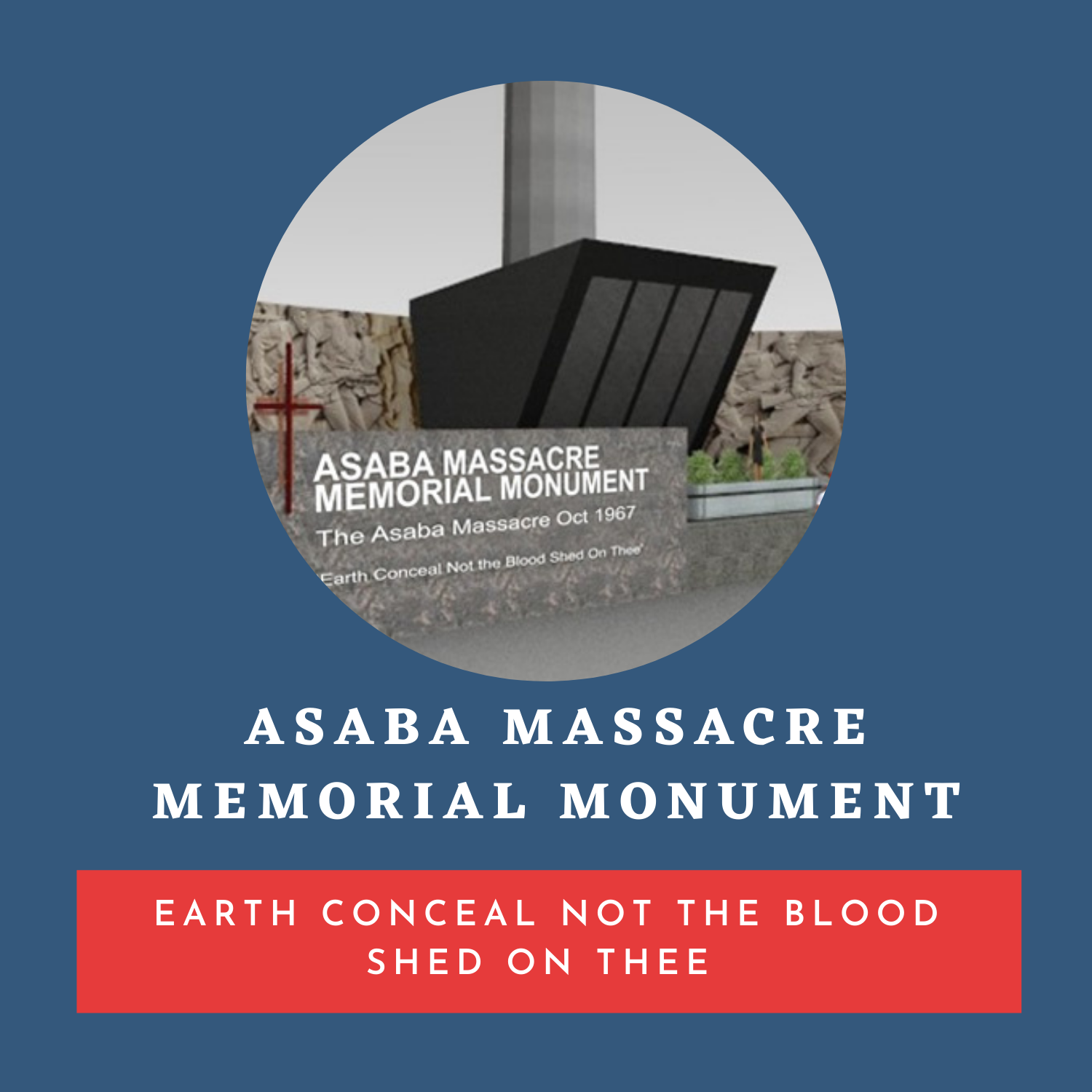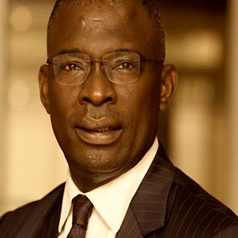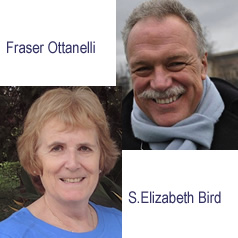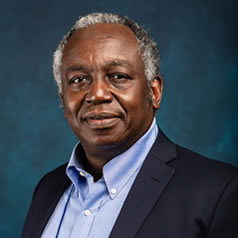The mind of a nation is its history, history is the mind of a nation. Like individuals a sound mind is important for well being, mental health matters to humans why not to nations. To be bereft of your mind is a tragedy that no one wishes or could possibility inflict on himself.
It therefore defies understanding when nations or sections of people choose to attempt to deny or omit history.
Where it confounds the most is when human tragedies, unjustifiable loss of otherwise innocent lives – that makes the story of Asaba in ‘October of 1967’ and its absence from the nations mind all the more tragic.
Described in many terms as a pogrom or a massacre, the death of so many at the hands of ‘brothers’ was one of the lowest points in the period of an uncivil war that itself was a low point in the history of Nigeria.
Respect and trepidation of history is good advice because – contrary to the popular thinking – History always repeats itself, we must choose to learn from it and therefore avoid the pretexts that lead up to tragedy.
I first learnt of ‘October 1967’ from my principal in law chambers as a young very ‘green’ lawyer, that I was in the famous city of Ibadan in Nigeria. ‘Chief’ had lost all his bothers and his father in what he described as a pogrom. So I was getting first hand information. I was shocked. Gradually I searched hard and kept looking without finding official history of ‘October 1967’. For this reason when the work titled – ‘The Asaba Massacre’ written by Professors Elizabeth Bird and Fraser M. Ottanelli came for formal introduction I rushed along with some other enthusiasts to the evening book reading event in a quiet corner of Lagos. The authenticity, the balance and painstaking research of the book is unassailable – a delight for any historian.
In the book the 1966 coup & counter coup d’ tat are placed in the context as both trigger and pretext leading the exhibition of inhumanity exhibited leading up to October of 1967 and beyond by both sides.
The ‘coincidental’ historical timelines – First the deliberate British economic interest carried over from the colonial extraction policy now in its crude oil stage represented by the BP concessions in Eastern Nigeria and secondly the Middle East crisis presented a more captivating empathy of invasion and nations at war distinct from the Nigeria story of internal insurgency not common or topical in 1967. Therefore Nigeria was obnoxiously and conveniently not ‘news worthy’.
But that Asaba witnessed ‘silence’ is amplified by the authors’ discovery of the ominous and blatant absence of a ‘sitrep’ report from the field in the archives for the 7th & 8th of October 1967, in which the report of events of the 7th might have been recorded.
Silence that eventually led the former Head of State, to state publicly that he did not know of the deaths till 1990 as it was something he would never have approved.
Silence form the British government and the press in Nigeria and Britain. Astonishingly authors, Bird & Ottanelli cite John De St Jorre’s tongue in cheek reference to the derisory public opinion of deaths of black people by the press at the time ‘…by and large the old rule of thumb for African reporting – one dead white equals a hundred dead blacks…’
Memorializing as the book ‘The Asaba Massacre’ does as well as the Asaba memorial Monument website dedicated to the memory of ‘October 1967’; these efforts and others to come will restore our ‘national mind’ and break this silence.
Silence is the route to forgetting. We should not forget our nation’s history, on the contrary, just one lesson from past human behavior is essential to maintain peaceful co-existence and the progressive development of a nation.
No nation should seek to escape from its past- its a question of responsibility.
For Asaba – the silence is over.
Olasupo Shasore
Lawyer & Historian
2021





0 Comments